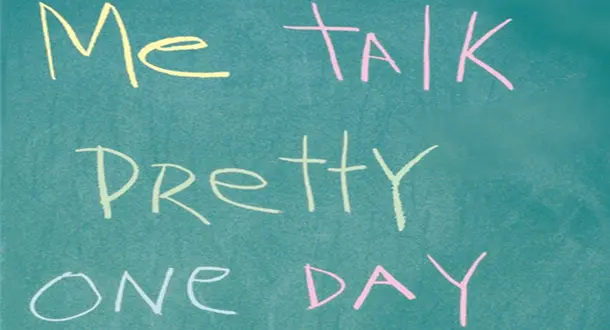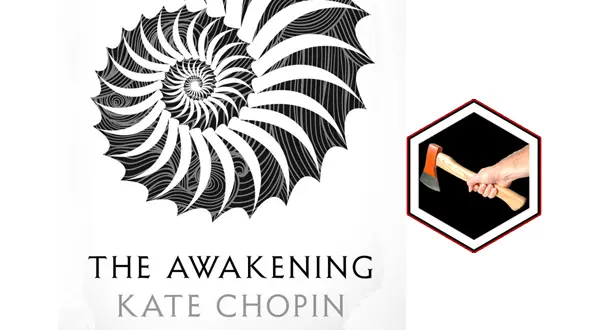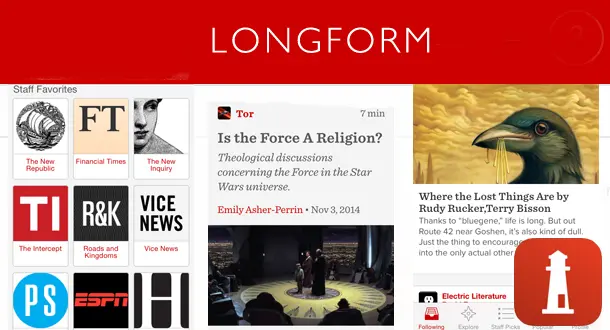Menu
Columns
Showing 3546 Columns
Showing 3546 Columns
November 20th, 2014

There was a time when a video game didn't need a story longer than a sentence. Shoot the space rocks. Save the princess. Kill the monsters. Beat the other player. Some games didn't even bother with the pretense of narrative. The original Mario Bros. arcade cabinet was just a gladiatorial arena where two brothers fought to the death in a menagerie of exotic monsters to win coins and the adulation of the players. In those early halcyon days, it didn't really matter.
Read Column →November 20th, 2014

The Girl Next Door. Tampa. Something Wicked This Way Comes. These are just a few of the dark, heady texts Richard Thomas and I have discussed here on our semi-monthly column, Prose & Cons.
Read Column →November 19th, 2014

Last month I sent out a call on Twitter for November "Culling The Classics" suggestions to get a feel for what the public was dying to see culled, what classic works of literature people were really curious about but didn't want to invest in without a bit of confirmation that the read wouldn't be a waste of time. I got one reply. Thanks for voting, Shantel.
Read Column →November 19th, 2014

Two things brought me true joy as a child: dressing up like Dorothy from The Wizard of Oz, and spending the day at my Grandmother's (coincidentally, also named Dorothy). I lived in a ranch style house, so I was mystified by her house's basement and entire second floor. It was so much space for one person! All three floors were piled high with beautiful furniture, clothes, and antiques, which I considered to be fancy toys at the age of five.
Read Column →November 18th, 2014

We live in a truly amazing technological era. I've already forgotten about the time before, when you couldn't literally ask Google a question and get an answer in seconds. Unfortunately, information comes fairly cheap these days, and you have to take anything you read online with a grain of salt. You could be reading an article about the benefits of a high salt diet, for instance, only to discover it wasn't an article at all, but a paid advertisement by Big Salt PR men, made to look like an unbiased piece of journalism.
Read Column →November 17th, 2014

Okay, boys and girls. Today, I want to rant to you about one of my greatest frustrations in the study of literature. While I've discussed this issue using different terminology in the past (hero worship, justification bias, etc.), today I'm going to borrow a phrase from David Foster Wallace: death by canonization.
Read Column →November 17th, 2014

Grab the hot chocolate and a fleece blanket. November is an ideal month for curling up inside with a book, but most people don't lunge for the Chicago Manual of Style when they've had a long day. Comfort is often defined as a sense of being at ease, or the opposite of stress. Daniel Miller describes the sensation in The Comfort of Things as being attained through the presence of familiar objects.
Read Column →November 14th, 2014

Shy. Reclusive. Introverted. These badges are often stuck on us writers as a group. We’ve long been typecast as putting so much energy into the characters we create that our own lives are dull in comparison. Well, guess what? We don’t need no stinkin’ badges! As a reminder of how we can be as wild and crazy as other artists, here are six writers who lived fast, kicked ass and gave their friends, lovers and biographers something to write home about.
Read Column →🎼
Tell us about your book, and we'll give you a writing playlist
Take our 1 minute quiz to find your ideal tunes.